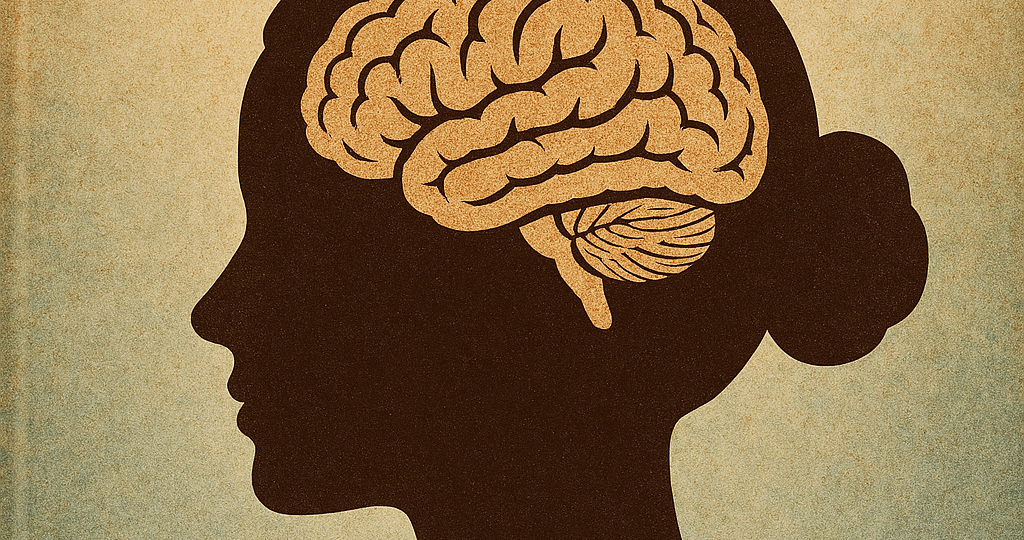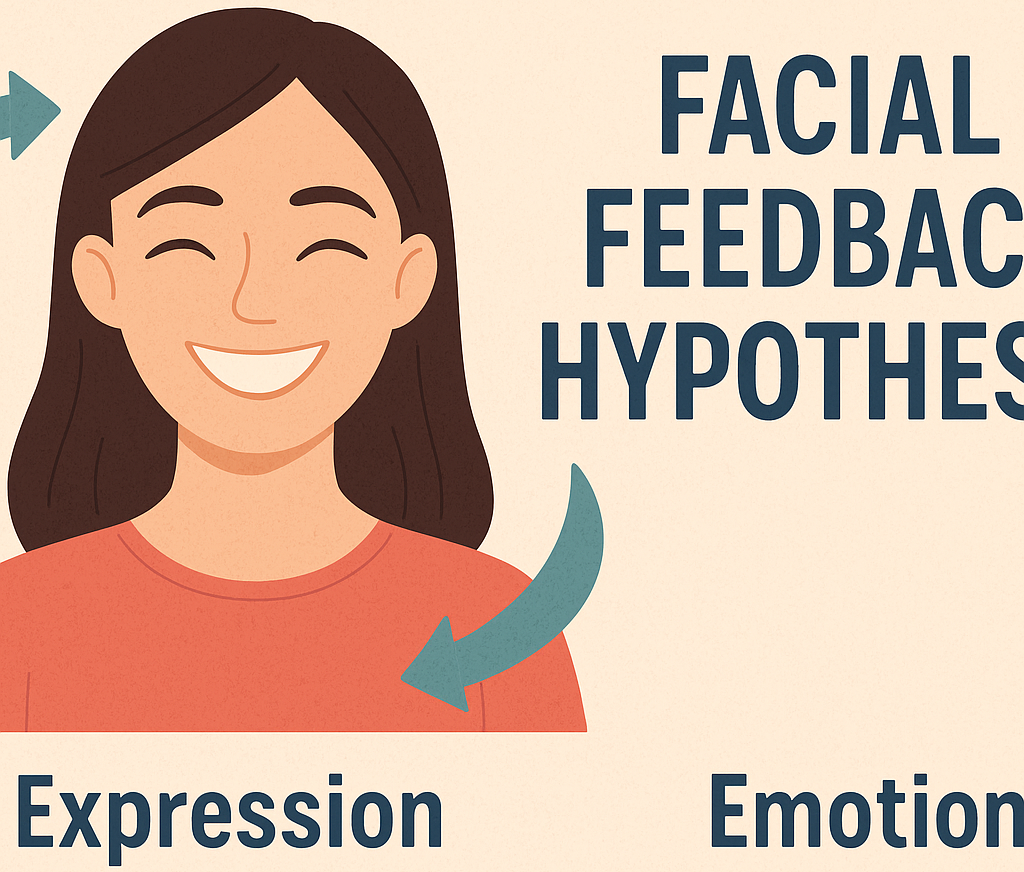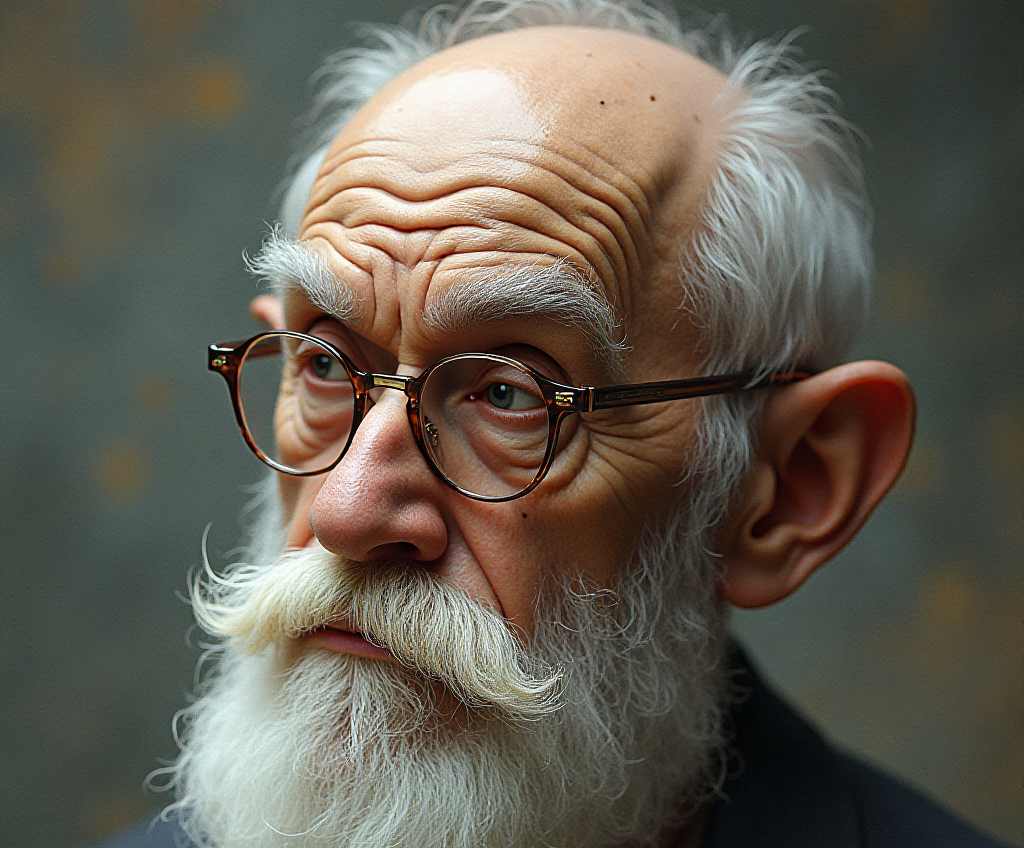
Imagine remembering every single day of your life in vivid detail—what you ate for breakfast, the clothes you wore, the exact weather, even conversations from years ago. This extraordinary ability is called hyperthymesia, or highly superior autobiographical memory. For most of us, memories fade or blur over time, but people with hyperthymesia can recall their past with astonishing accuracy, almost like flipping through a mental photo album.
The condition was first studied in depth in the early 2000s by neuropsychologist Elizabeth Parker and later popularized by researchers like James McGaugh at UC Irvine. McGaugh’s team examined individuals with hyperthymesia and found that while their brains are otherwise normal, certain regions—particularly the temporal lobe and caudate nucleus—are unusually active or structured, helping store vast amounts of personal memories. Unlike memorizing facts or numbers, hyperthymesia is automatic; people don’t study their lives—they simply remember.
Life with hyperthymesia isn’t always easy. Constantly reliving past experiences can make it difficult to move on from negative events, and some people report feeling overwhelmed by the sheer volume of recollections. Yet, it also offers unique advantages: enhanced self-awareness, strong autobiographical storytelling, and insights into how memory works. Researchers study these individuals not just out of curiosity, but to understand memory formation, retrieval, and potential applications for cognitive therapies.
Hyperthymesia reminds us of the incredible complexity of human memory. While most of us struggle to recall last week’s lunch, a few rare individuals carry their entire life with them in perfect detail. Studying them offers both inspiration and insight, showing just how varied—and extraordinary—our minds can be.
RELATED POSTS
View all


